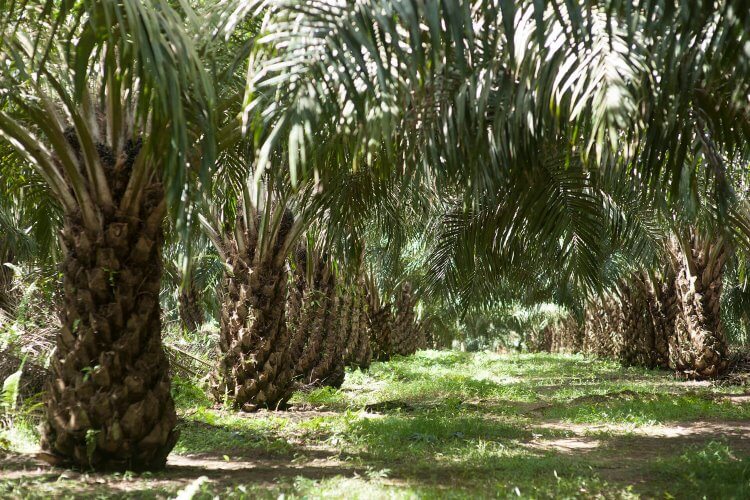Indonesia Faces Rp 47 Trillion Challenge to Implement B40 Biodiesel by 2025
The palm oil industry, key to the success of this plan, has expressed its full support for the government’s biodiesel policy, focusing on increasing the production of crude palm oil (CPO) through improved plantation productivity.
Indonesia’s palm oil sector faces a challenge, however, as it struggles with stagnating CPO production. Data from the Indonesian Palm Oil Research Institute (RPN) shows that of the 6.94 million hectares of oil palm owned by farmers, 1.36 million hectares are over 25 years old, while 1.64 million hectares are planted with young palms under 3 years old.
The remaining 3.94 million hectares are mature plants. This age distribution is contributing to slower growth in CPO production, and the industry is under pressure to rejuvenate plantations.
Eddy Martono, Chairman of the Indonesian Palm Oil Entrepreneurs Association (GAPKI), emphasized that increasing productivity is key to addressing this stagnation. The industry is now focused on promoting sustainable agricultural practices and replanting older palm trees to improve yields. He stressed that enhanced productivity will be critical to meeting the government’s biodiesel goals, especially as the target for B50 looms in 2026.
Edy Suprianto, Chairman of the Indonesian Palm Oil Seed and Breeding Association, noted that replanting is one of the most effective ways to boost productivity. However, it takes time to see the benefits of such programs, with replanting requiring at least five years before substantial yield increases are realized. In the meantime, other measures, such as improved agronomy practices, including better water management, fertilization, and pest control, are also necessary.



























Tinggalkan Balasan